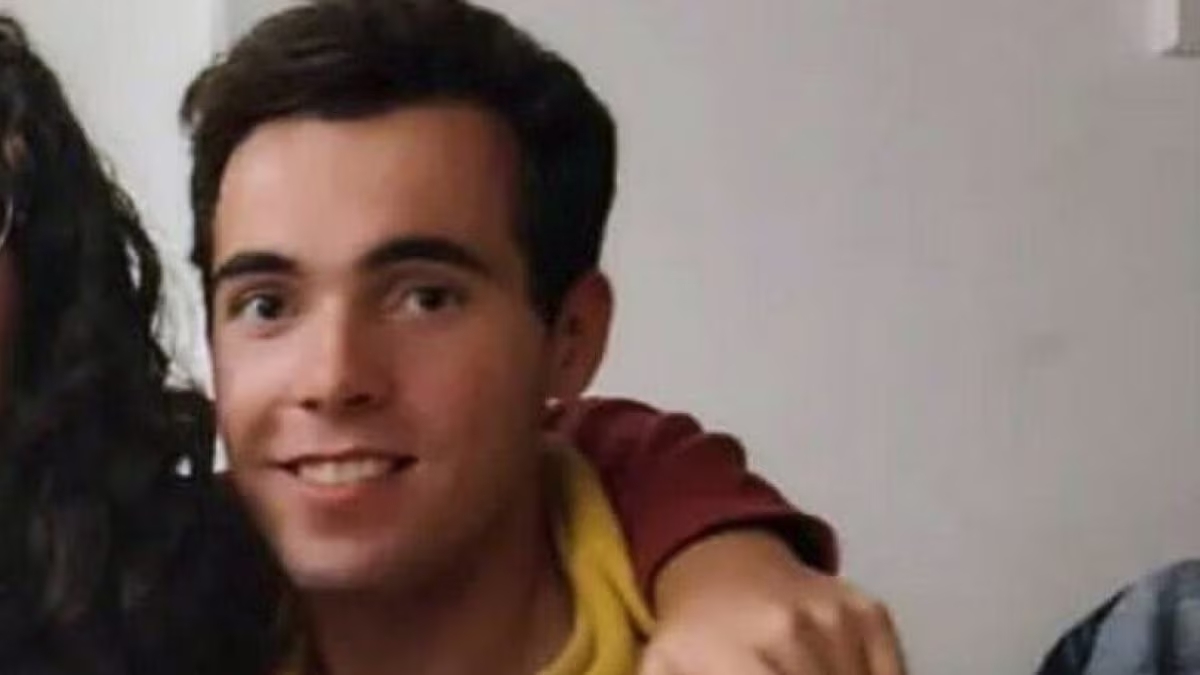Filippo Turetta, a 22-year-old student, is set to face a swift trial following his confession to the murder of his ex-girlfriend Giulia Cecchettin on November 11, 2023. The expedited process follows a technical hearing held today at the Assize Court in Venice, where a decision for an immediate trial was made by Turetta’s defense attorney, Giovanni Caruso. The court, presided over by Stefano Manduzio, is expected to deliver a verdict by December 3, barring any complications.
The defense team aims to minimize media sensationalism surrounding the trial. Giulia’s tragic death has become a symbol of the fight against femicides in public discourse, while Turetta himself has attracted morbid curiosity from the media. Every detail of the investigation, including interrogations and forensic examinations, has made headlines and flooded social media, overshadowing the courtroom proceedings.
As anticipated, Turetta did not appear in court today, following his attorney’s advice. Venice’s prosecutor, Bruno Cherchi, attended the hearing and emphasized that the trial focuses on Turetta’s personal accountability, not a broader commentary on femicide. “This is not a sociological study but an examination of responsibilities,” Cherchi stated. He insisted that the proceedings respect the rights of the accused while ensuring a thorough investigation into the crime.
The absence of Turetta shifted attention to Gino Cecchettin, Giulia’s father, who expressed hope for a “just sentence” and confidence in the court’s decisions. Caruso indicated that Turetta would eventually appear in court to respond to the judges. The timing of this appearance is still pending, but it is expected to occur in one of the upcoming hearings.
During the initial hearing, the defense opted to forgo presenting an anatomical pathologist who conducted Giulia’s autopsy, prompting the prosecution to drop around twenty witnesses with the approval of Giulia’s family lawyers. The day was mainly devoted to reviewing the prosecution’s evidence and witness lists, with the session concluding after six hours of deliberation. With limited seating in the courtroom, media and public access was tightly controlled, and the trial’s jury consists of six men and four women. The court denied requests from several associations and local municipalities to join the proceedings as civil parties, aiming to keep the trial focused and expedited.

